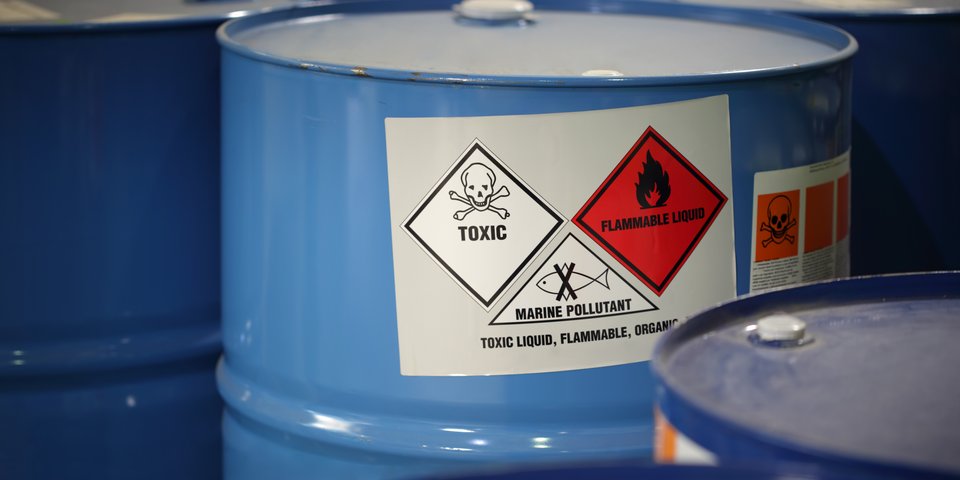 iStockphoto/tunart
iStockphoto/tunartProtection from carcinogenic substances at the workplace
Will reprotoxic substances and dangerous medicinal products be included in the future?
SW – 04/2021
The European Parliament’s committee on
Employment and Social Affairs has adopted its position on the fourth update of Directive 2004/37/EU about protecting workers from the
risks related to exposure to carcinogens or mutagens. In March 2021, the
committee members voted in favour of stricter EU rules to better protect
workers from exposure to carcinogens, mutagens and reprotoxic substances in the
workplace. They decided to begin negotiations with the Council at their meeting
held on April 13, 2021.
The EU Commission presented its proposal for a fourth amendment to the directive on
protection against carcinogens or mutagens at work in September 2020 (see report 10/2020). In November, the Council agreed on its position for the negotiations with the European Parliament.
Modification of limits
The draft amendment provides for new or
reduced limits for exposure to three different substances at the
workplace. These are new limits for acrylonitrile and nickel compounds and a
further reduction in the benzene limit. This should help protect one million
workers and help prevent more than 1,700 cases of work-related illness over the
next 60 years.
Reprotoxic substances
MEPs also voted to extend the scope of the
Directive to include reprotoxic substances. These substances may cause adverse
effects on development, fertility and reproduction. According to the MEPs, the
Commission should present an action plan by the end of 2021 to lay down limits
for a number of reprotoxic substances, such as lead, lead compounds and
mercury.
Dangerous medicinal products
Finally, the MEPs called for dangerous
medicinal products to be included in the scope of the directive. 12.7 million
workers, which includes 7.3 million nurses, are potentially exposed to
dangerous medicines in the workplace in the health sector. Handling, preparing
and administering these medicinal products exposes health professionals to high
health risks. The likelihood of developing cancer is three times higher. The
committee would like the EC to draw up, by March 2022, a definition of
'dangerous medicinal products' and a list of substances, preparations or
processes covered by the term 'carcinogens'. It also aims to draft guidelines
and standards of practice for preparing, administering and disposing of
dangerous medicinal products by December 2022.
Background
The fight against cancer is a priority for
the EU Commission during the current term of office. Cancer is the most common
work-related cause of death in the EU, accounting for about 52% of annual
work-related deaths. The EU Commission has therefore included occupational
cancers in a separate chapter on reducing exposure to pollutants and radiation
in the "Prevention" field of action in its European plan to combat
cancer, which was presented in February 2021.
